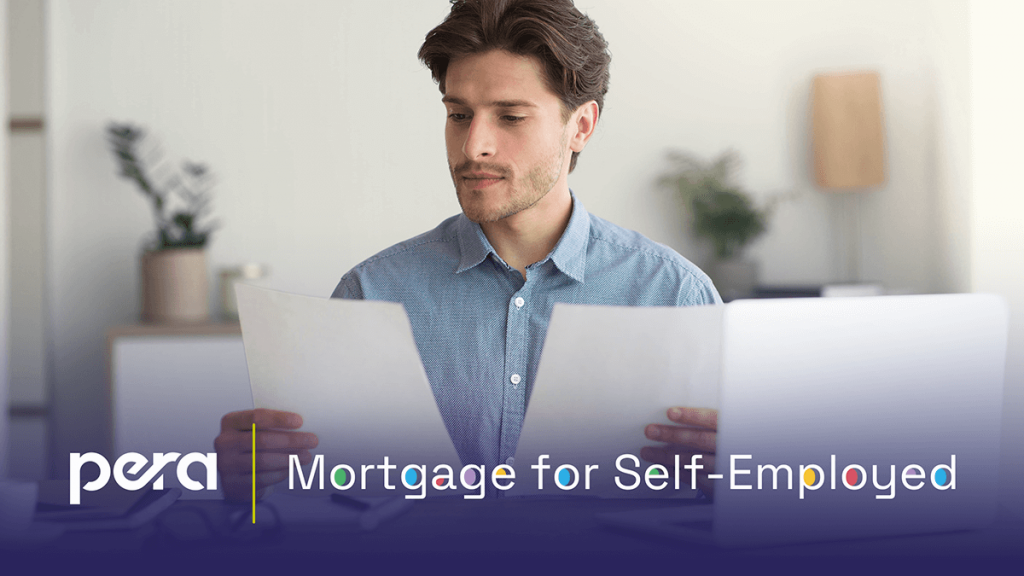Is It Harder to Get a Mortgage for Self-Employed People in 2025?
Not really…
But the process does come with a few extra steps.
Unlike salaried applicants who provide payslips and employment contracts, self-employed individuals need to show proof that their income is steady, even if it fluctuates month to month.
Lenders aren’t expecting perfection,
they’re looking for consistency and reliability.
As of June 2025, most lenders will ask for at least two years of self-employment records, typically SA302s and HMRC tax year overviews. In some cases, one strong year may be accepted, especially if supported by a solid financial profile.
If you’re applying now, your 2023/24 tax return should already be submitted.
Lenders expect your most recent financial year to be fully documented, so having it ready keeps your mortgage application on track and avoids unnecessary delays.

Your Business Structure Still Matters
How you earn makes a difference to how your mortgage application is assessed.
- Sole traders: Lenders usually base decisions on your net profit from SA302 forms and HMRC overviews.
- Limited company directors: Both your salary and dividends will be considered. If you own a majority share, some lenders may also take retained profits into account.
If you’ve signed as a guarantor for a business loan, that may count as a personal liability, so be ready to explain that too.
What Will Lenders Ask For?
Here’s what you’ll typically need to provide when applying for a mortgage for self-employed:
- Two years of SA302s or HMRC tax year overviews
- Finalised accounts from a certified accountant
- Business and personal bank statements (3–6 months)
- A reference letter from your accountant (optional but helpful)
What lenders value most is consistency.
They understand that income can fluctuate when you’re self-employed, but big year-on-year drops may raise a red flag.
What Else Affects Your Application?
As of 2025, these core factors still matter, regardless of your employment type:
- Credit score: A clean credit history helps. Missed payments, CCJs or high credit use could work against you.
- Debt-to-income ratio: Ideally below 45%. Too much monthly debt compared to your earnings is a red flag.
- Deposit size: More deposit means less risk for the lender; often leading to better rates.
Tips to Improve Your Chances
Here are three simple but effective ways to strengthen your application in 2025:
File your tax return early
Make sure your 2023/24 tax return has already been submitted. Lenders will expect your most recent financial year to be fully documented at this stage.
Keep your accounts clean and up to date
Disorganised finances are the biggest hurdle we see. Well-kept records can be the difference between approval and rejection.
Use a broker who understands the process
Not all lenders treat business owners the same way.
At Pera Mortgages, we specialise in helping clients like you find the right mortgage as a self-employed applicant; without the stress.
Self-employment shouldn’t stand between you and homeownership.
Yes, the process involves more steps, but with the right prep, the right documents, and the right guidance, it’s completely achievable.
At Pera Mortgages, we take the time to understand your income, your goals, and your circumstances; so we can match you with lenders who truly get it.
Let’s get started.
Your Mortgage Your Future